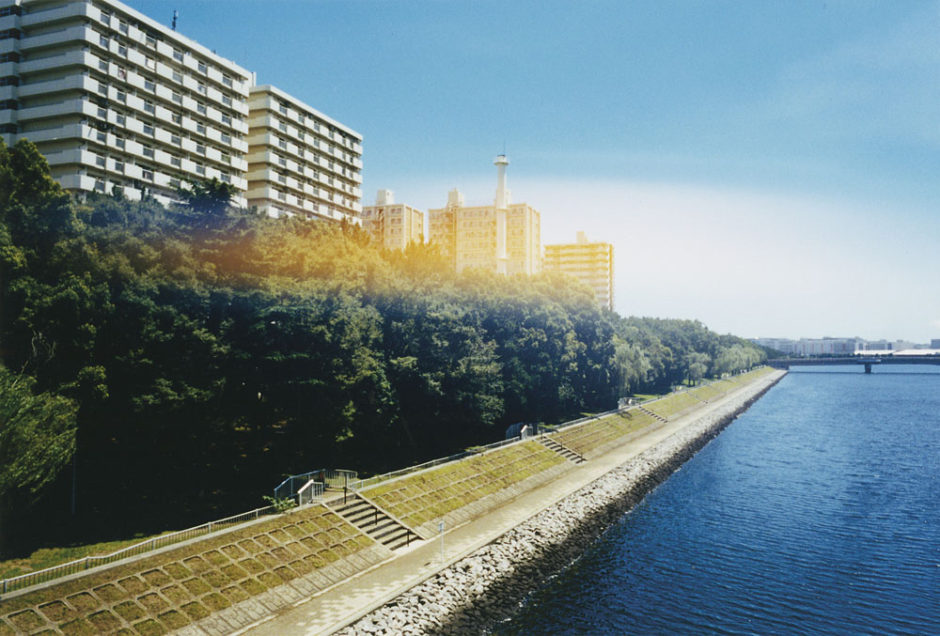MOTOHIKO HASUI TOKYO PERSONAL MATTERS
He’s one of Japan’s most popular fashion photographers but in his project ‘Personal Matters’ Motohiko Hasui prefers to capture his relationship with Tokyo and to the people who wander in and out of his life. This work encompasses the transience and permanence of his personal relationships and the physical flow of existence in one of the world’s busiest cities.
How did you first get into photography?
When I was a little I always had my sketch book and I liked to draw flowers using pencils. I wasn’t very good at it but I just liked to draw and when I was 16, my father bought me an Olympus film camera. I started to take pictures of things around me; friends and landscapes.
What kind of feel do you try and create in your photos?
It’s hard to describe, even if I try to have themes through my photographs, I don’t know if the viewers will feel it from images. So I don’t try to create a certain type of style, it’s more spontaneous, like sketches of things around me. I have a camera all the time, even when I go to the convenience store to buy a bottle of milk, and I don’t shoot many photos for one scene or subject. Usually just one picture.
What are the biggest challenges of working in Tokyo?
I don’t think it is a challenge but it is not striking or attractive to me, it’s totally mundane and banal. At the same time that could be a reason I take photographs.
How would you say social media is changing photography?
Fundamentally, it’s not changed much. Interesting works are always seen in three dimensional spaces. Still hung on the walls so you can walk away from images, or you can get closer to the image. You don’t always have to be holding an object (a smart phone) to look at images. Also it doesn’t matter whether it is through a monitor or printed. The main difference is it was installed in a public place by someone. If I think about my book, ‘Personal Matters’, I still think of it as the best way to present a narrative. It can’t be separated from page-by-page. On social media, it is so difficult to tell the narrative; there’s no such thing as the beginning or the end. It doesn’t fascinate me as a platform.
What inspires you to keep going and how do you keep yourself motivated?
Life is constantly changing. Good and bad and good and bad again. Society is constantly changing too in both good and bad ways. It is like a motivation to survive.
I am working on a series of photographs I have shot in Sakata, a small town in northern Japan in the Tohoku region. It is where I was born. The town used to flourish and now it’s abandoned like many other towns in Japan.
When I was little, I travelled there to see my grandma, grandpa, uncle and aunts in the summertime. The town was very lively and everyone looked happy. Over twenty years since and I went back to the town visiting my uncle. All his family except him moved to Tokyo and he lives in the house alone working in a convenience store. Winter is very cold in Tohoku region. The school uniforms his children used to wear still hang on the wall of his living room. On the rice fields every year I saw swans came back from Siberia.
Since I live in Tokyo, I started to revaluate how much I have good memories of Sakata. I photographed the town and my uncle starting four years ago and now I’m working on an editing process. Sakata is also a town of legendary Japanese photographer Ken Domon. It is still is a beautiful town.
Personal Matters is published by Bemojake










